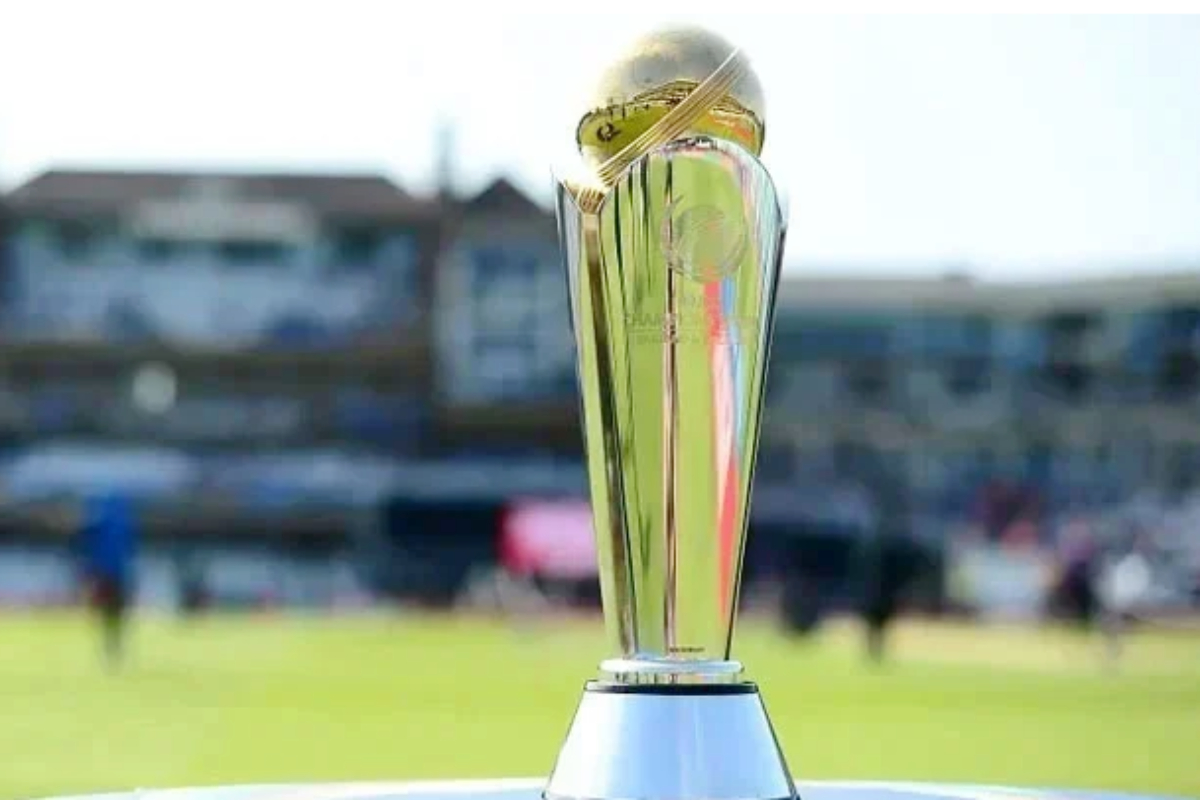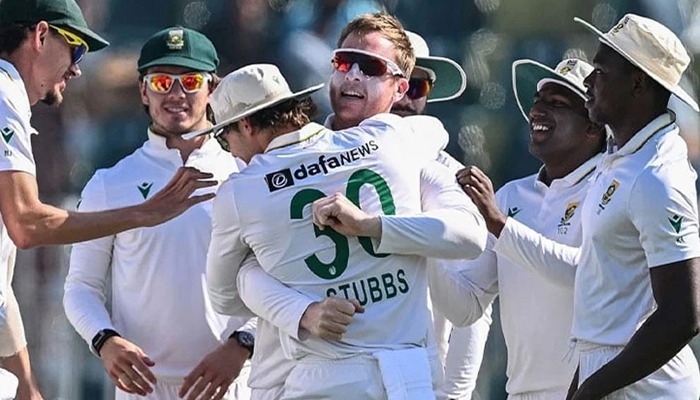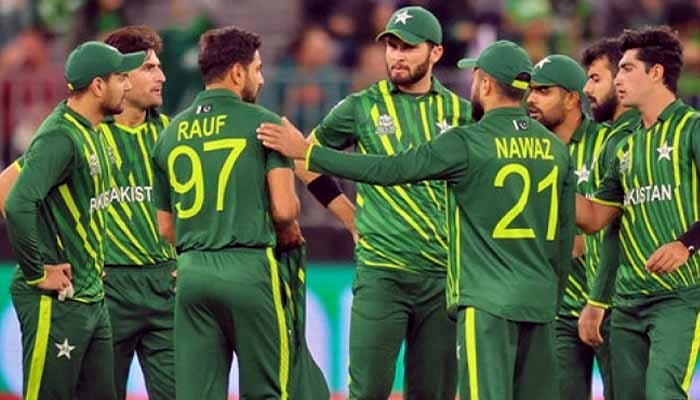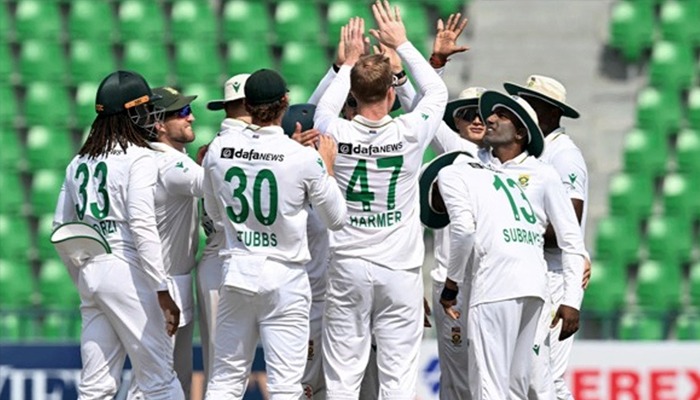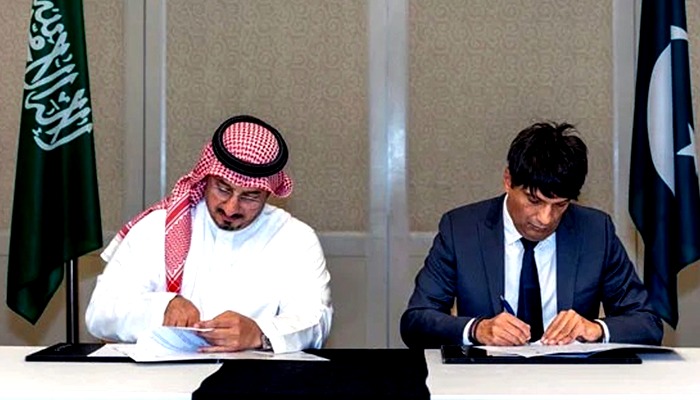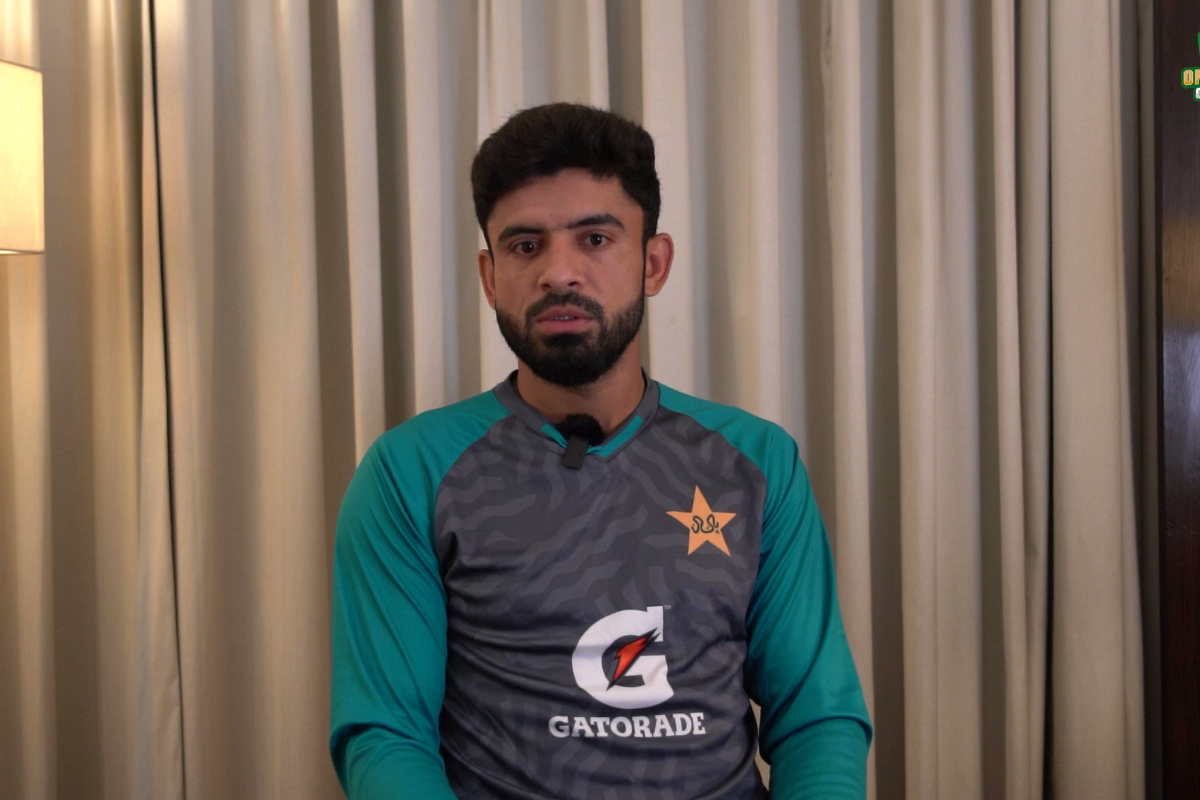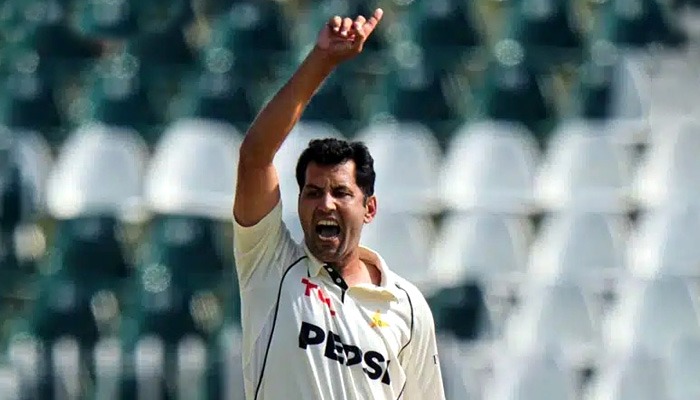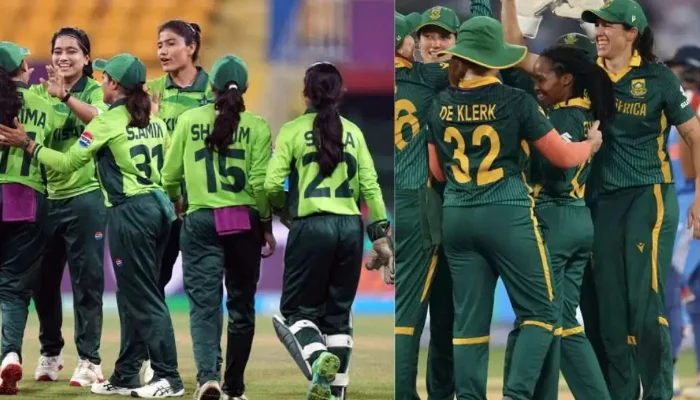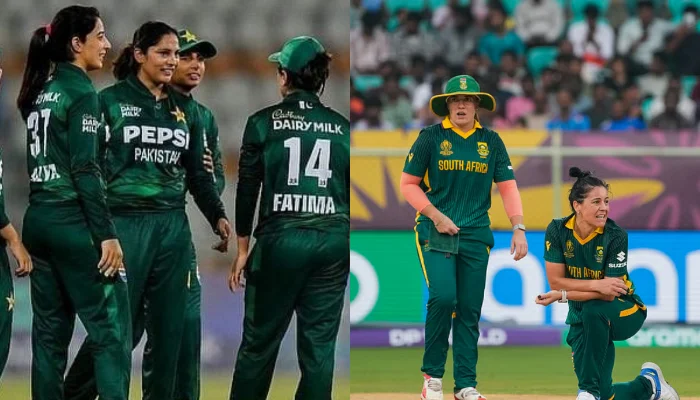The upcoming Champions Trophy scheduled for next year has turned into a serious issue. Pakistan, the host nation for this prestigious event, saw its hopes dashed recently when India refused to travel to Pakistan.
While it had been anticipated that India might take steps to have the event relocated at the last minute, the International Cricket Council (ICC) could now be forced to either fully or partially shift the event away from Pakistan.
When Pakistan was awarded the hosting rights for the Champions Trophy, the cricketing world was astonished. India, having actively worked to disrupt any cricketing events in Pakistan for the past 15 years, was unlikely to accept such an arrangement. The fear that India would resist a tournament of this magnitude being held in Pakistan became a reality.
In the past, India had often sought to avoid playing Pakistan at ICC events. India’s recent refusal to play in Pakistan has left the global cricketing community disappointed.
Matches between Pakistan and India are immensely popular and generate huge revenue, making them the most-watched fixtures globally. During the last T20 World Cup, the match between Pakistan and India alone brought in enough revenue to cover the entire tournament’s costs.
In Melbourne, 100,000 spectators attended a match between the two nations, while in Ahmedabad, over 150,000 people watched their contest.
What Will Happen After India’s Refusal?
The immediate question following India’s refusal to play in Pakistan is whether the Champions Trophy can still take place.
India, being the most influential and economically significant member of the cricketing world, holds immense weight in the global game. India’s team has won two World Cups and two T20 World Cups but has never won the Champions Trophy.
In the past decade, India and Pakistan have played only a few matches, but those matches have been the highlight of any tournament. The full stadiums and massive revenue from these encounters benefit all ICC member nations. While India has not explicitly refused to play Pakistan, it has rejected playing in Pakistan.
India is now requesting a hybrid model, where their matches would be played in another country while the rest of the tournament stays in Pakistan. The Indian board has formally notified the ICC of its decision not to send its team to Pakistan for the Champions Trophy.
PCB’s Position
The Pakistan Cricket Board (PCB) has responded strongly to this sudden turn of events. PCB Chairman, Mohsin Naqvi, had already proposed several models to the Board of Control for Cricket in India (BCCI) months ago, including options where India could play their matches in one city and then return home.
However, the BCCI did not respond to these proposals and, just 100 days before the event, officially declared their refusal. The PCB was notified through a brief email from the ICC that India would not be traveling to Pakistan.
In response, PCB raised several questions with the ICC about whether the BCCI had provided valid reasons for this decision and when it had been communicated. The PCB, after consulting with the government, has made it clear that all matches of the Champions Trophy should take place in Pakistan, and no hybrid model will be accepted.
The PCB argues that since many foreign teams, including England and Australia, are regularly visiting Pakistan without any security issues, India has no legitimate reason to refuse.
The PCB has also taken a hard stance, informing the ICC that Pakistan will no longer participate in any events with India unless this issue is resolved. This decision is likely to disappoint broadcasters who were hoping to cash in on the event.
The Indian Board’s Stance
The Indian Board (BCCI) has yet to officially announce its position on this matter. However, sources within the ICC have revealed that the Indian board is primarily concerned about the safety of its players in Pakistan.
The BCCI has even stopped its blind cricket team from traveling to Pakistan. This reluctance follows India’s previous efforts to disrupt Pakistan’s hosting of the Asia Cup through a hybrid model. Now, with India’s refusal to play in Pakistan, the Champions Trophy is facing a potential crisis.
India’s Jay Shah, who will take over as the ICC President next month, is expected to further increase India’s influence in the cricket world.
ICC’s Dilemma
The ICC has a long history of enforcing its rules strictly, even in club-level cricket. However, when it comes to India, it seems powerless. India has previously imposed its will on the ICC, such as in the last World Cup, where the schedule and pitch preparation were tailored to India’s preferences.
India also contributes the largest share of revenue to the ICC, earning $231 million annually, or 38.5% of total income. In comparison, Pakistan, Australia, and England only contribute about 6%.
The ICC must release the Champions Trophy schedule 90 days before the event, or it risks violating its contract with broadcasters like Star Sports, who hold broadcasting rights for the next two years. Star Sports has already issued a notice to the ICC to release the schedule soon.
ICC’s main challenge lies in maintaining the 80% revenue share it gets from India, which it receives through sponsorships and broadcast rights.
The Potential for Postponement
Pakistan’s firm stance has pushed the ICC into a corner. If neither India nor Pakistan back down, the ICC may have no choice but to postpone the Champions Trophy. This would likely result in financial compensation for Pakistan as the host nation and for Star Sports, the broadcaster. Such a move could also impact the ICC’s future projects.
The ICC previously replaced Zimbabwe with Scotland during the 2009 World Cup after Zimbabwe refused to travel due to political issues. If India faces similar challenges, it may voluntarily choose to pull out to save the event, but this would not serve India’s underlying goals.
During the 2002 World Cup, the ICC deducted points from England for not traveling to Zimbabwe, sending a strong message about the importance of following ICC schedules. The question now is whether the ICC will impose similar penalties on India for refusing to play in Pakistan.
The ICC is also aware that not hosting the Champions Trophy could result in a loss of $300 million in initial revenue, with the potential for more losses as further segments of the event are sold. If the event is moved out of Pakistan, PCB could lose $65 million in expected revenue, not including local sales.
The Road Ahead
In light of these developments, the PCB is in a precarious position. In the past, the PCB has shown a willingness to compromise for financial gains, accepting a hybrid model for the Asia Cup, which weakened its negotiating position.
The ICC might believe that the PCB will once again accept a hybrid model for the Champions Trophy if offered a larger financial package.
There is speculation that the ICC could create a schedule where both teams only meet in the final, possibly in Dubai or South Africa. If such a model is accepted, the PCB would once again prove to be a sellable asset.
Indian media has already been calling for a hybrid model for the Champions Trophy, and it’s reported that the ICC had prepared two budgets, with a hybrid model leading to higher expenses.
As the situation unfolds, one thing is clear: PCB’s past flexibility has weakened its bargaining power, and the ICC is confident that, with the right financial offer, Pakistan might agree to a hybrid model once again.
Reported by Syed Haider
[embedpost slug=”/us-encourages-indo-pak-sports-diplomacy-as-connecting-force/”]


